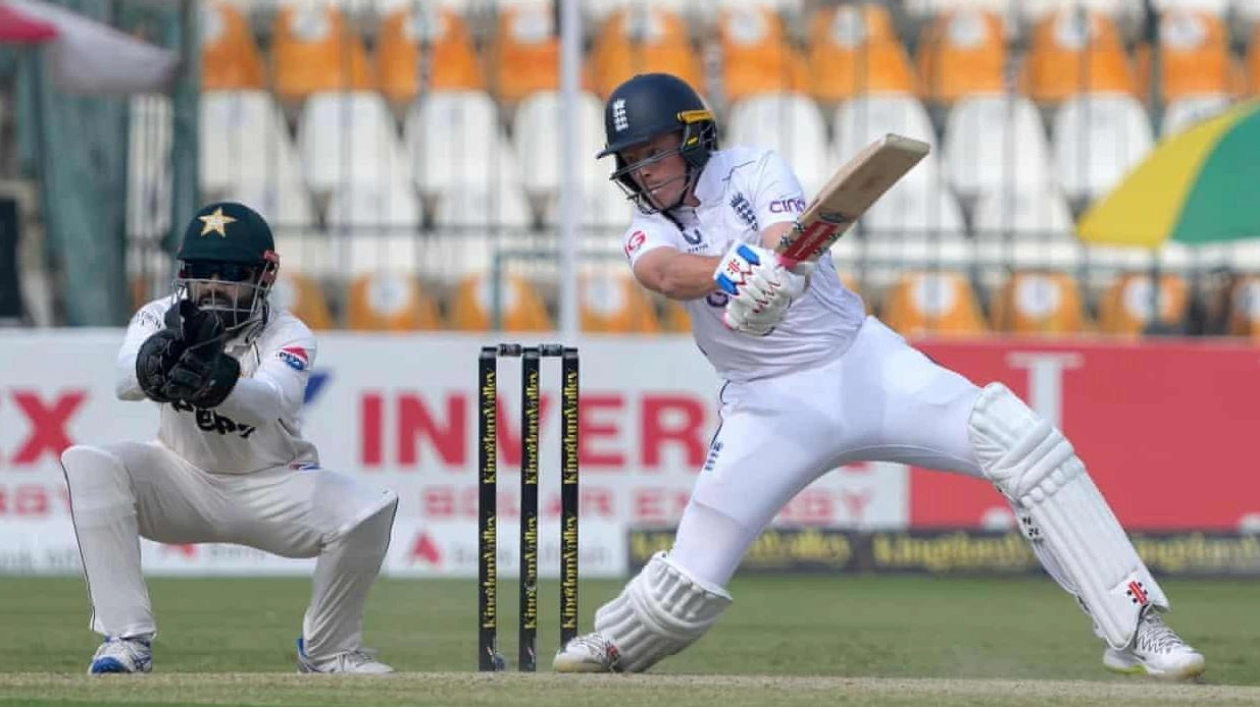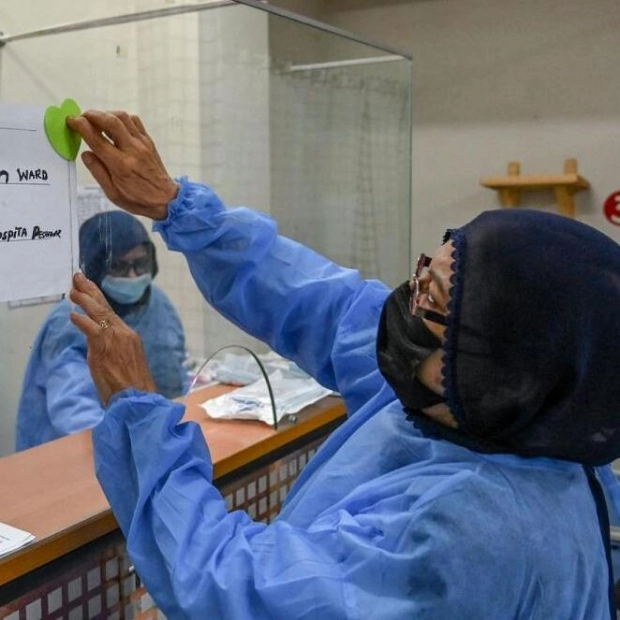“It’s about mindset,” Brendon McCullum stated, early on Saturday afternoon, as Pakistan’s players were still reveling on the field with their trophy and fans. “It’s about fostering players who feel invincible when they step onto the pitch. It’s not about dictating which shots they can or can’t play. Such directives have a limited lifespan. These players are capable of executing the game far better than we could ourselves.”
At that moment, none of his players felt invincible, having been dismantled in the last two games of the series by the spin of Sajid Khan and Noman Ali, and the batting prowess of Kamran Ghulam and Saud Shakeel. For a brief period in Pakistan, they had stood tall, and shortly after the second day’s drinks in the second Test, England had amassed an impressive 1,034 for nine in the series so far. When Ben Stokes noted that “there were many instances in the last two Tests where we were ahead and let it slip,” this was the most glaring example, a moment when victory seemed within reach. From there until the defeat in Rawalpindi, they managed 603 for 38.
As the situation deteriorated across Friday afternoon and Saturday morning, England’s batting sometimes appeared indifferent to the outcome, both individually and collectively. In many respects, they were correct: they won’t play another Test in Asia until their 2027 visit to Bangladesh, their chances of reaching the World Test Championship final next year were already dashed, and in less than a month, they will be in New Zealand preparing for another series, this one already fading in the rearview mirror.
“Ultimately, they outperformed us in these conditions,” McCullum summarized, conveying a sense of resignation. When asked if England’s often disastrous batting against spin was a concern, Stokes replied: “If you delve deeply into it, which I don’t prefer to do, I might say yes.” It could be argued that the England captain should indeed delve deeply, but given his own struggles throughout the series, he likely has enough on his mind.
What, then, are the consequences of failure within this England squad? The answer isn’t always clear, especially for the batters. Ollie Pope had a dismal series, averaging 11; in seven of his past 11 innings, he scored fewer than eight runs and reached 30 only once. Yet, not only is his position secure, but England also lacks an obvious alternative top-order batter to step in for injury or illness. Pope bats at No 3 because no one else in the squad wants to, and no one outside it has been considered.
“Number three is a challenging position to bat,” McCullum said of Pope. “He’s still crucial for us. A couple of weeks off will benefit him, and he’ll get another chance when we head to New Zealand, where he hopefully can thrive.” Surely, these three games represent an opportunity Pope must seize.
Sajid and Noman, who together claimed 39 of the 40 wickets in the last two Tests, didn’t just expose the touring batters. England’s spinners faced the obvious disadvantage of not bowling on turning pitches against their own teammates—pitches that turn English minds to mush—but they were clearly outbowled and could focus on improving their pace variations. Last week, Stokes mentioned Shoaib Bashir, stating, “We now see him as our spinner worldwide,” which sidelined Jack Leach. England is unlikely to field multiple specialist spinners often before their trip to Bangladesh, and Leach is already 33; perhaps this marks the end of the road for him. Bashir, who turned 21 in Pakistan, represents both a short-term gamble and a long-term investment.
Stokes remarked, “I told him the other day, ‘You’re learning on the job here. You’re discovering yourself as a bowler while in a Test match, and how exciting is that?’” Success isn’t guaranteed, but it promises to be quite thrilling to watch. Jamie Smith, also learning on the job, made a couple of embarrassing errors behind the stumps, a botched stumping in the first Test and a missed catch in the second. It’s true that games can hinge on such moments, but he remains highly regarded. Ben Duckett and Gus Atkinson were excellent, and Brydon Carse bowled superbly in extremely challenging conditions. Despite the sense of crisis at the series’ end, there are numerous positives to take away.
Moreover, it could be argued that this team, at least outside the Ashes, isn’t particularly focused on winning; participating in three exhilarating Tests—and succeeding in that—should be considered a victory. Results aren’t the only measure of success. As Shan Masood, the Pakistan captain, noted on Saturday: “I think they’re one of the best teams in the world. Sometimes scorecards don’t reflect how good you actually are.”
Source link: https://www.theguardian.com






